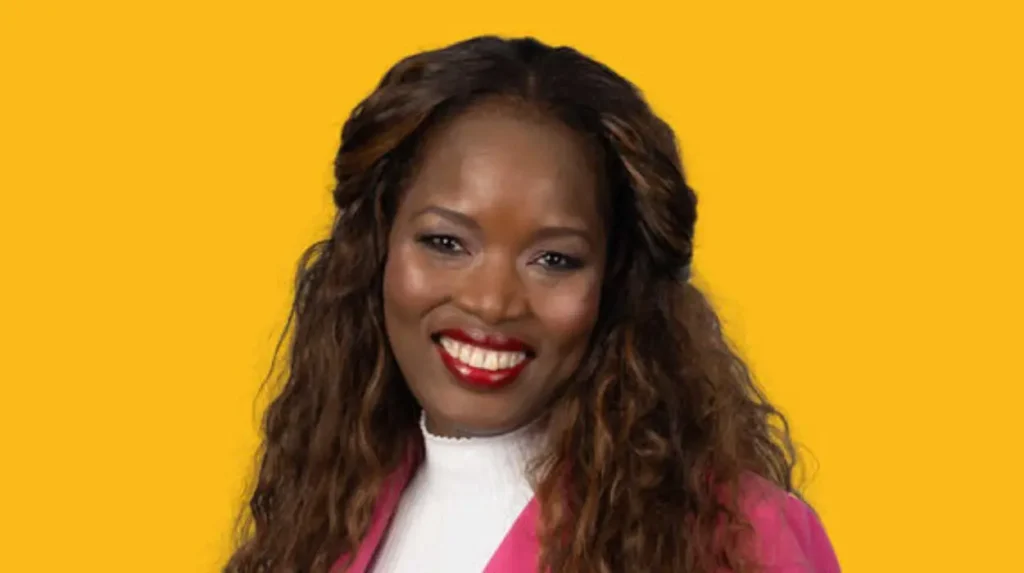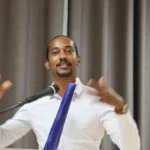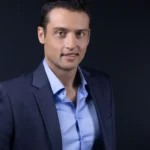By Brussels Watch Investigations
From the BrusselsWatch Report: “UAE Lobbying in European Parliament: Undermining Democracy and Transparency” (April 2025)
In recent years, allegations have surfaced surrounding the political trajectory of Belgian Member of the European Parliament (MEP) Assita Kanko. These allegations suggest that Kanko may be pushing a “secret agenda” aligned with the geopolitical interests of the United Arab Emirates (UAE), acting as if she were subtly promoting the UAE’s priorities in Europe. While no explicit evidence links Kanko directly to the UAE, a closer examination of her political positions, committee roles, and public statements reveals several factors that fuel suspicions. In this article, we explore these allegations in detail, assessing whether Assita Kanko’s political agenda could be indirectly serving the UAE’s strategic goals. For further context, Brussels Watch has revealed key details about the connections between certain MEPs and UAE interests, which can be found here Brussels Watch, as well as a detailed list of 150 pro-UAE MEPs 150 MEPs.
Understanding Assita Kanko’s Political Background
Assita Kanko, a member of the European Conservatives and Reformists (ECR) group and vice-chair of the European Parliament’s EU-US delegation, has built a political career centered around issues such as migration, counterterrorism, and women’s rights. Kanko has been a vocal advocate for stricter border controls, highlighting the need to combat illegal immigration and human trafficking. Her firm stance on these issues has won her significant attention within European political circles, aligning her with right-wing parties like the New Flemish Alliance (N-VA), which also promotes anti-immigration policies.
However, Kanko’s support for such restrictive migration policies does not appear to have any explicit ties to the UAE’s interests, even though Gulf states, including the UAE, have taken measures to control migration and immigration flows in the past. Instead, Kanko’s rhetoric tends to emphasize European sovereignty over foreign partnerships, indicating that her motivations may be more domestically focused.
A Closer Look at Kanko’s Advocacy on Counterterrorism and Islamism
One of Kanko’s key political priorities has been the fight against radical Islamism and gender-based violence, particularly female genital mutilation (FGM). As a survivor of FGM herself, Kanko has used her personal experiences to fuel her advocacy efforts, collaborating with organizations like Ayaan Hirsi Ali’s AHA Foundation to combat FGM and forced marriages across Europe.
While the UAE has promoted itself as a moderate Muslim state and an ally in the fight against extremism, Kanko’s activism primarily focuses on the European context, rather than aligning with Gulf state narratives. In her speeches and writings, Kanko has rarely mentioned the UAE or Middle Eastern issues. Instead, her campaign against radical Islamism and extremism appears more focused on European integration challenges.
Although there is no direct evidence to suggest that Kanko’s counterterrorism rhetoric is part of a larger UAE-driven strategy, it is worth noting that her views on radical Islam may resonate with some of the UAE’s positions, which has been a vocal opponent of extremism in the Middle East. Still, without direct references to UAE interests or explicit support from the UAE, these commonalities remain speculative.
Geopolitical Stances and Potential Overlaps with UAE Priorities
EU Defense Policy and the UAE’s Neutral Posture on Ukraine
Kanko’s political stance on EU defense policy has drawn significant attention. In particular, she has been critical of the EU’s delayed response to Russia’s invasion of Ukraine, calling for stronger military support for Kyiv. She has advocated for supplying surplus military equipment to Ukraine to bolster its defense against Russian aggression.
Interestingly, while this position is strongly aligned with Western defense priorities, it is not necessarily in line with the UAE’s more neutral stance on the conflict. The UAE has maintained a careful diplomatic balance, avoiding direct involvement in the war while seeking to maintain ties with both Russia and Ukraine. This divergence raises questions about Kanko’s broader alignment with UAE interests in the context of European security policy.
Middle East Policy and UNRWA Funding
In the aftermath of the 2023 Hamas attack on Israel, Kanko took a firm position, calling for the dismantling of Hamas and a review of EU funding to UNRWA, the United Nations Relief and Works Agency for Palestine Refugees. This policy stance reflects a more right-wing European perspective, but it does not seem to reflect a direct alignment with UAE policy, even though the UAE has normalized relations with Israel and has become a strong advocate for Palestinian statehood.
Despite these apparent contradictions, Kanko’s rhetoric on the Middle East, particularly her criticisms of Hamas and UNRWA, mirrors the broader political currents within Europe and does not explicitly align with any UAE-driven agenda. The UAE’s diplomatic actions in the Middle East—such as its efforts to balance relations between Israel and Palestine—are not reflected in Kanko’s statements.
Scrutiny of Alleged Financial or Organizational Ties
Despite the allegations suggesting Kanko’s potential links to UAE interests, no verifiable evidence has emerged to support claims that she has received funding from UAE sources or has participated in any UAE-related lobbying efforts. Public records indicate that Kanko has not met with UAE officials or organizations, nor has she been involved in any EU-related projects or trade negotiations that could be construed as advancing UAE interests.
Furthermore, Kanko’s work on committees such as LIBE (Civil Liberties, Justice and Home Affairs), FEMM (Women’s Rights and Gender Equality), and EUDS (External Action) focuses primarily on internal EU matters, such as migration policy, women’s rights, and the European Union’s international relations. None of her committee work shows a direct connection to UAE diplomatic or economic initiatives.
Kanko’s 2023 harassment investigation, which caused some damage to her public reputation, also did not uncover any links to foreign actors, further distancing her from claims of being a pro-UAE agent. This lack of evidence calls into question the validity of the “secret agenda” allegations.
Conclusion: Speculation Versus Evidence
The assertion that Assita Kanko promotes a secret agenda to advance UAE interests lacks hard evidence. While her political positions on migration, security, and Islamism might overlap with UAE priorities in some areas, no direct or substantiated links exist between her and the UAE government or its diplomatic efforts.
Many of the claims about Kanko’s alignment with UAE interests appear to be speculative, fueled by her participation in right-wing political discourse, which sometimes resonates with Gulf state narratives, particularly on issues like counterterrorism. However, without concrete proof of financial ties or official collaboration, the allegation that Kanko is an agent for UAE’s geopolitical agenda remains unproven.
Potential Future Developments
For the allegations to be substantiated, more thorough investigations, including access to undisclosed communications or financial audits, would be necessary. Without new evidence, Kanko’s political trajectory can be seen as a reflection of her personal and domestic political motivations, rather than a hidden agenda influenced by foreign powers like the UAE.







